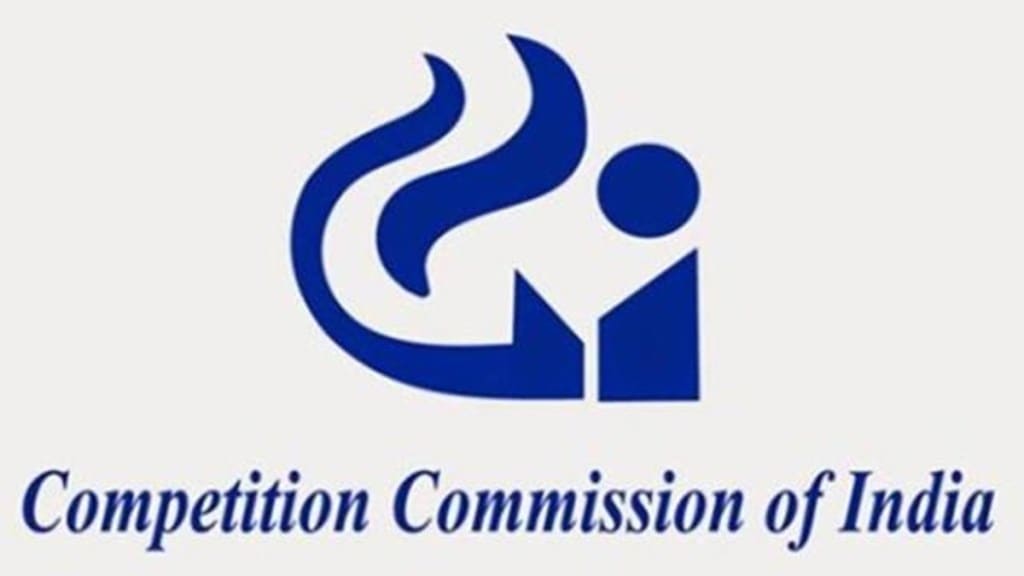Global turnover of the erring enterprise will just be one of the factors to be used by the Competition Commission of India (CCI) to levy penalties for anti-competitive behaviour, even though the recent amendments allow the regulator to use it, according to official sources. However, the likelihood of using the newly introduced, potentially much larger base for imposition of penalties, will be higher in cases of cartels, they said. Fines on global turnover could also make sense for tech firms, if they have small or no business presence in the country.
The regulations to be framed on the Competition (Amendment) Bill passed by Parliament in the last leg of the Budget session would give more clarity on the use of global turnover for levy of penalties, the sources said, adding that these would be notified after three months.
The proposed regulations will also explain how the “deal value threshold” (DVT), the newly-introduced criteria for regulation of combinations, will be calculated. The sources said DVT would include current as well as any future consideration that may apply to the transaction. Current cash payments, any future or deferred payouts as well as the valuation of share swaps and other similar instruments would also be taken into consideration.
The Bill which will be signed into law by the President of India soon, overturned a May 2017 Supreme Court ruling which interpreted the Section 3(3) of the Competition Act to mean that the penalty could be imposed on the “relevant turnover”, that is, turnover derived from the sales of goods or services, which are found to be the subject of contravention. The CCI had in many cases before the court ruling used global turnover of the enterprises concerned for levy of penalty. The new amendment to the section makes it explicit that the regulator could impose penalties based on the “global turnover” of an enterprise for anti-competitive behaviour.
“This (global turnover) is just an enabling clause and one of the factors that the CCI could use to impose penalties. It is not that in every case of abuse, the CCI will impose a penalty of 10% of the global turnover,” said a person familiar with the development, adding that the decisions would be taken on the merit of each case. The source noted that even prior to the Supreme Court ruling of 2017 the CCI imposed penalties based on global turnover of the entity.
A stiffer penalty could, however, be imposed on those indulging in cartelisation and the clause may be used for such cases, noted another official. The provision of using global turnover would also come in handy in the case of many tech firms, which operate in India but do not have a business presence in the country. This is in line with the CCI’s focus on regulating Big Tech firms.
Also read: Practo lays off 41 workers
Under the current rules, the penalty is based on the turnover of the relevant domestic entity. In case of abuse of dominant position, the CCI can impose a penalty of up to 10% of the average of the turnover for the last three preceding financial years. In case of a cartel, it can levy a penalty of up to three times of its profit for each year of the continuance of the agreement or 10% of its turnover for each year of the continuance of such agreement, whichever is higher.
The Bill introduced an additional criterion — DVT — for M&As to be notified to the competition regulator for approval. This recognises that the existing ‘assets & turnover’ criteria may not suffice to pre-empt competition infractions in the digital space.


